

The Scathing Sword of Public Trust
By edentu OROSO
 A Protest by Nigerians in United Kingdom against Former GCEO of NNPCL, Mele Kyari (Photo Credit: RNN)
A Protest by Nigerians in United Kingdom against Former GCEO of NNPCL, Mele Kyari (Photo Credit: RNN)
The social contract is a fragile architecture—a high wire suspended over the abyss of public conscience. To walk it is to perform a delicate balancing act, one that tests the moral fibre of those entrusted with power. It is no mere metaphor to call it a double-edged sword. On one edge lies the lure of authority, prestige, and influence; on the other, the ruthless consequences of betrayal. Flip the coin of public trust, and the outcome can either elevate or annihilate. Woe betide the one caught on the jagged edge of its wrath.
Trust is sacred. Public trust, doubly so. To safeguard it is to inscribe one’s name into the annals of history with the ink of honour. To violate it, however, is to tumble like Humpty Dumpty—irreparably shattered in the chronicles of public life. Sadly, in our nation’s unfolding tragedy, far too many have plunged their hands deep into the public till, greased not by duty but by insatiable greed. They do not merely abandon the reins of conscience—they burn the bridles altogether, galloping into infamy on steeds of avarice.
What drives this moral decay? The lust for unbridled power and inordinate wealth. A dangerous amnesia has taken root among many public officials: they forget—or choose to ignore—the fleeting nature of power. They overreach, weaponise influence, and normalise the plunder of public coffers. Theft has become routine, and routine has become numbness. The nation watches, aghast but weary, as theft parades itself as success.
In functioning societies—where accountability thrives and institutions stand upright—public trust is sacred and inviolable. Abuse it, and you face swift retribution. The reverse, alas, is Nigeria’s predicament. Here, corruption not only festers but flourishes. Those entrusted with safeguarding the nation’s wealth flaunt stolen riches like badges of honour, while enforcement agencies look on, hamstrung or complicit. The Economic and Financial Crimes Commission (EFCC), the Independent Corrupt Practices Commission (ICPC), the Code of Conduct Bureau (CCB), and even the police have all faced serious allegations of corruption and collusion. When the watchdogs dine with the wolves, the flock is doomed.
Yet, amid this darkness, glimmers of hope flicker.
The recent protests in the United Kingdom, demanding the extradition of Mele Kyari—the immediate past Group Managing Director of the Nigerian National Petroleum Company Limited (NNPCL)—are a refreshing breeze of civic conscience. As reported by The Sun News on May 12, 2025, concerned Nigerians rallied outside the Nigerian High Commission and the UK Home Office under the banner Rescue Nigeria Now. Their demand? That Kyari be returned to Nigeria to face the music of damning corruption allegations linked to his tenure from 2019 to 2025.
The details are damning. Billions allocated for the rehabilitation of the Warri, Kaduna, and Port Harcourt refineries have vanished into bureaucratic smoke, with no functional output to show. The opaque subsidy regime under Kyari’s watch allegedly teemed with inflated claims, offshore shell games, and untraceable transactions. Protesters carried placards with messages like “London is not for public officials who abused public trust,” echoing the frustration of millions at home and abroad.
The petitioners argue—rightly—that allowing Kyari to remain in the UK undermines not just Nigeria’s anti-corruption war but also violates Britain’s own anti-money laundering laws. If illicit funds truly flowed through British financial channels, then silence is complicity. Their appeal is not only for repatriation but for justice, restitution, and moral reckoning.
Kyari has dismissed the allegations as “mischievous,” claiming to be on a “well-deserved rest” abroad. But the optics are damning, and the timing suspicious. Whether or not he cooperates with Nigerian authorities, the clamour for justice will not be silenced.
Ultimately, the recovery of stolen wealth is not just an economic imperative—it is a moral one. For every naira looted, a child is denied education, a hospital lacks medicine, a road remains a death trap. To steal from the public purse is to steal futures, dreams, and dignity.
Nigeria stands at a crossroads. It can either continue down the well-trodden path of impunity or summon the courage to confront corruption—no matter how high the collar or sacred the cow. The Mele Kyari saga is not just about one man; it is a litmus test for our national soul.
Will we fail again? Perhaps, as in all things Nigerian. Perhaps, a new dawn of fiscal accountability is feasible.
The likes of Mele Kyari are not isolated cases; Nigeria is replete with individuals who have exploited their positions of power to plunder our commonwealth and stash the proceeds in foreign vaults. This systemic looting continues to undermine our national development, depriving citizens of basic infrastructure, quality healthcare, education, and economic opportunities. If we are serious about building a prosperous and equitable nation, the government must not only speak against corruption but be seen to act decisively. It must pursue and prosecute offenders—no matter how highly placed—and implement robust reforms to seal the loopholes that enable such theft. Only then can we begin to reverse the damage and secure a better future for all Nigerians.
The primitive accumulation of wealth remains one of the most morally bankrupt instincts of humanity—an impulse driven not by necessity, but by an insatiable appetite for dominance and self-aggrandizement. In contrast, enlightened minds—those rare souls attuned to the rhythms of compassion and social justice—often endeavour to redirect the course of human affairs towards nobler ends. Such individuals, guided by a deep-seated empathy for the marginalised and the impoverished, are inclined to relinquish their earthly riches as a testament to their values before embracing the final rite of passage.
A sterling example of this higher moral calling is Bill Gates, who has pledged to donate over 200 billion USD of his wealth within his lifetime. This is not merely a philanthropic gesture, but a profound expression of ethical conviction—a willingness to uplift others and invest in the shared future of humanity. His actions stand in stark contrast to the prevailing ethos among many of the wealthy elite in Nigeria and, more broadly, across Africa, where the plundering of public wealth continues with impunity and is too often celebrated as cleverness rather than condemned as corruption.
The difference is telling. It lies in the architecture of conscience, the moral fibre that anchors one’s sense of duty to humanity. While some hoard wealth to fortify their legacies of greed, others disperse it to kindle hope in lives they may never meet. It is in these choices that the true measure of greatness is found—not in the size of a bank account, but in the depth of one's humanity.

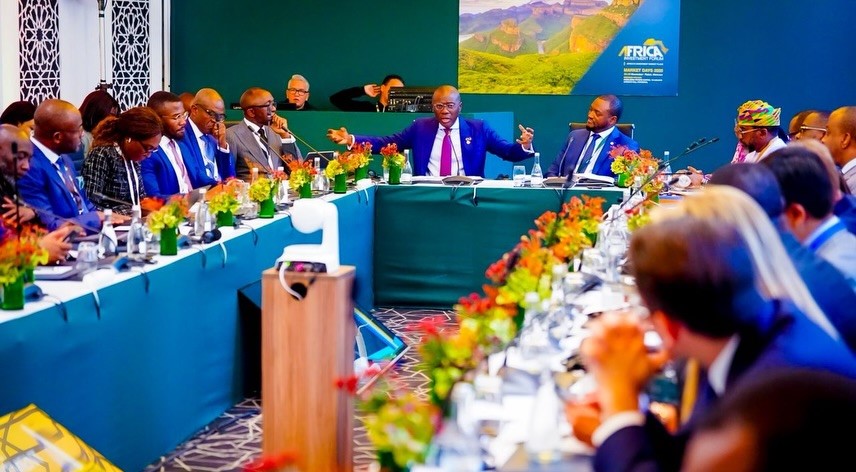
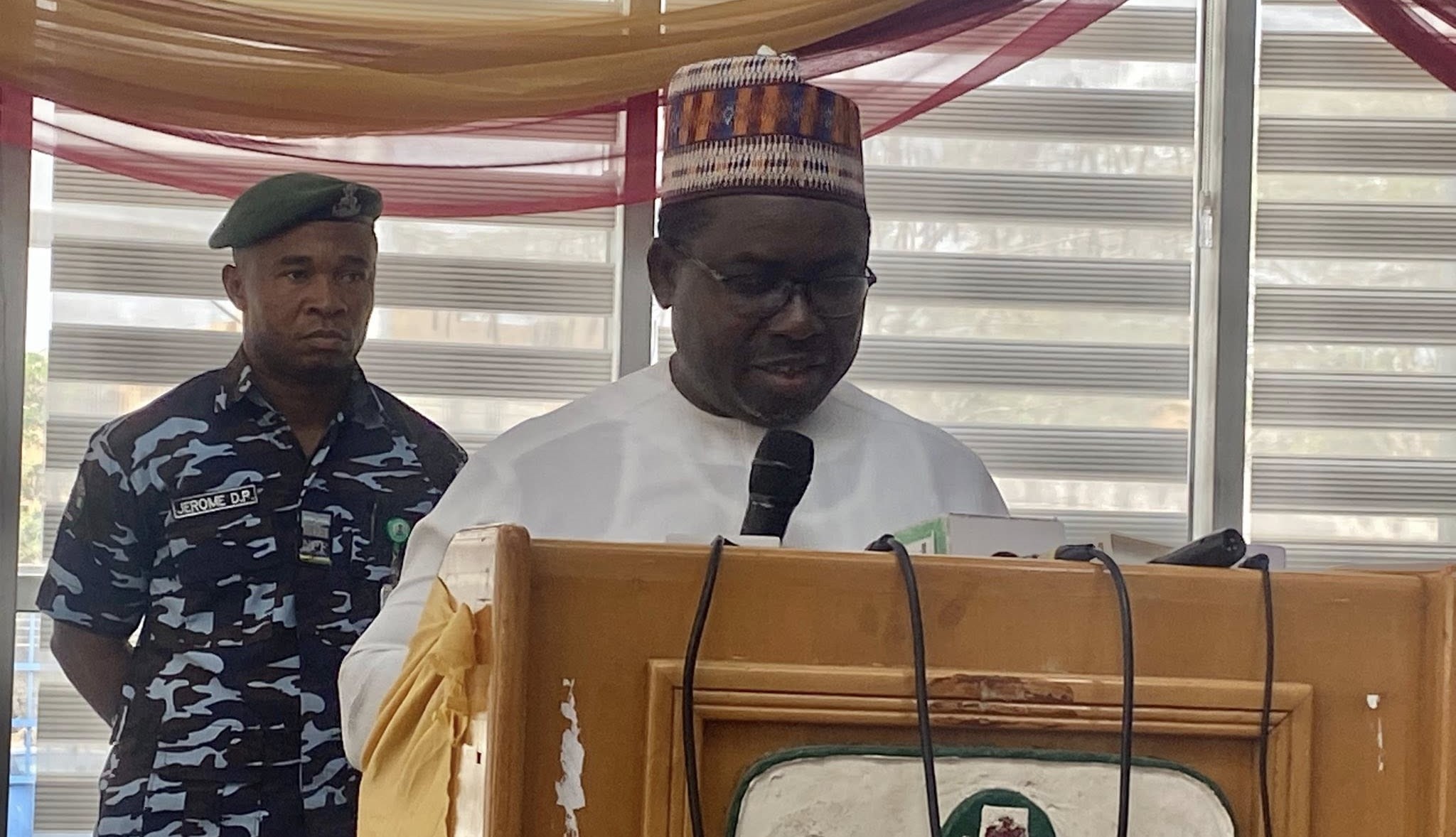
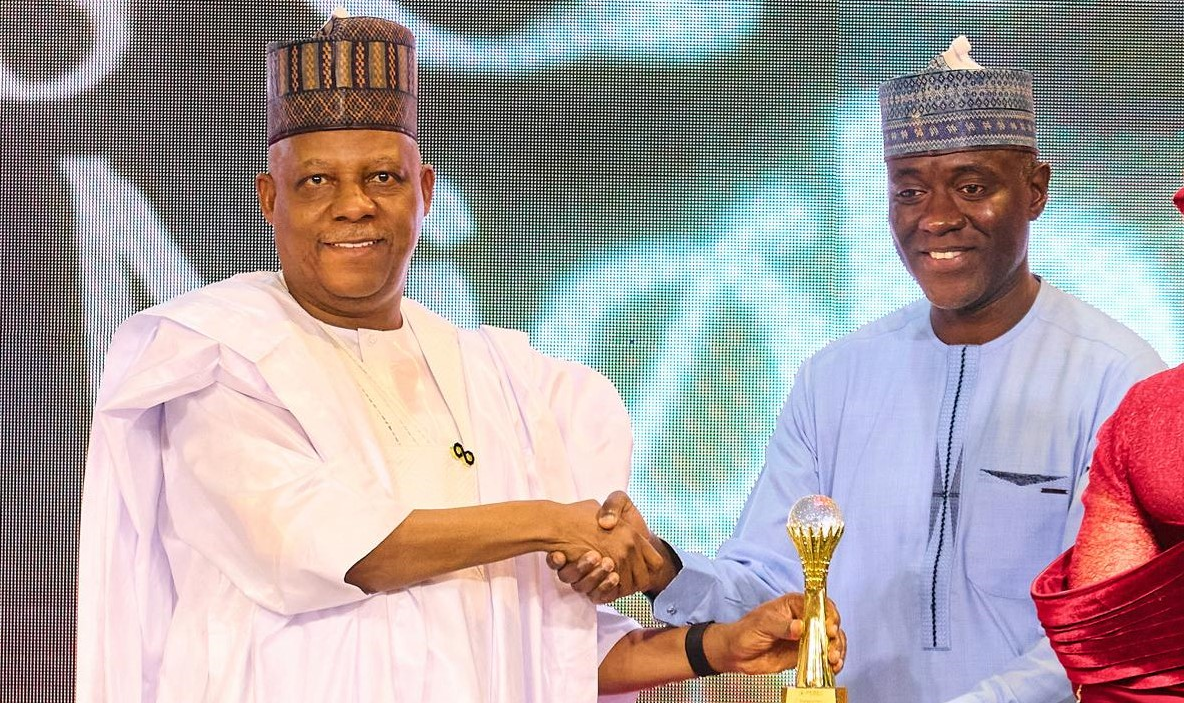
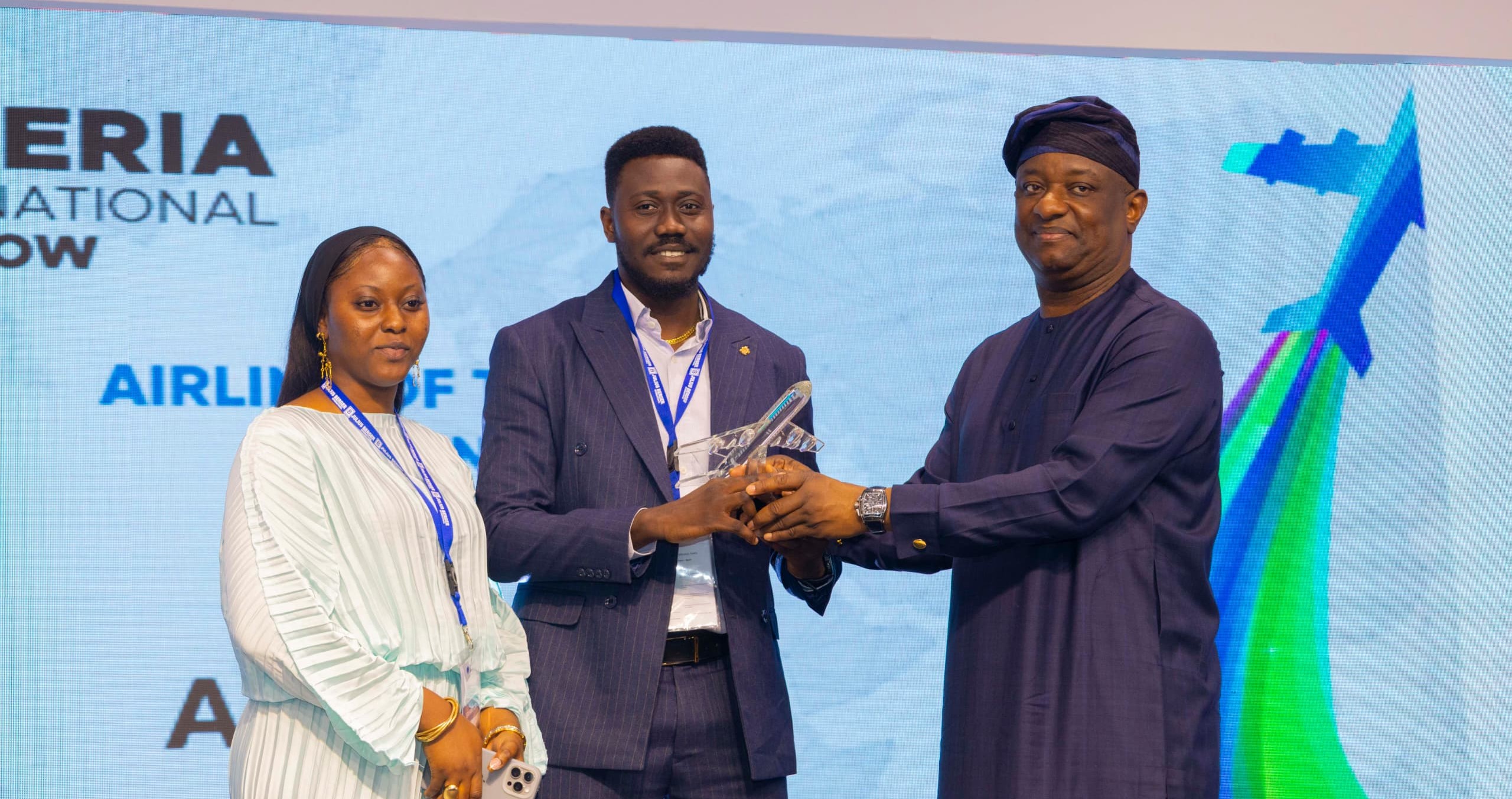
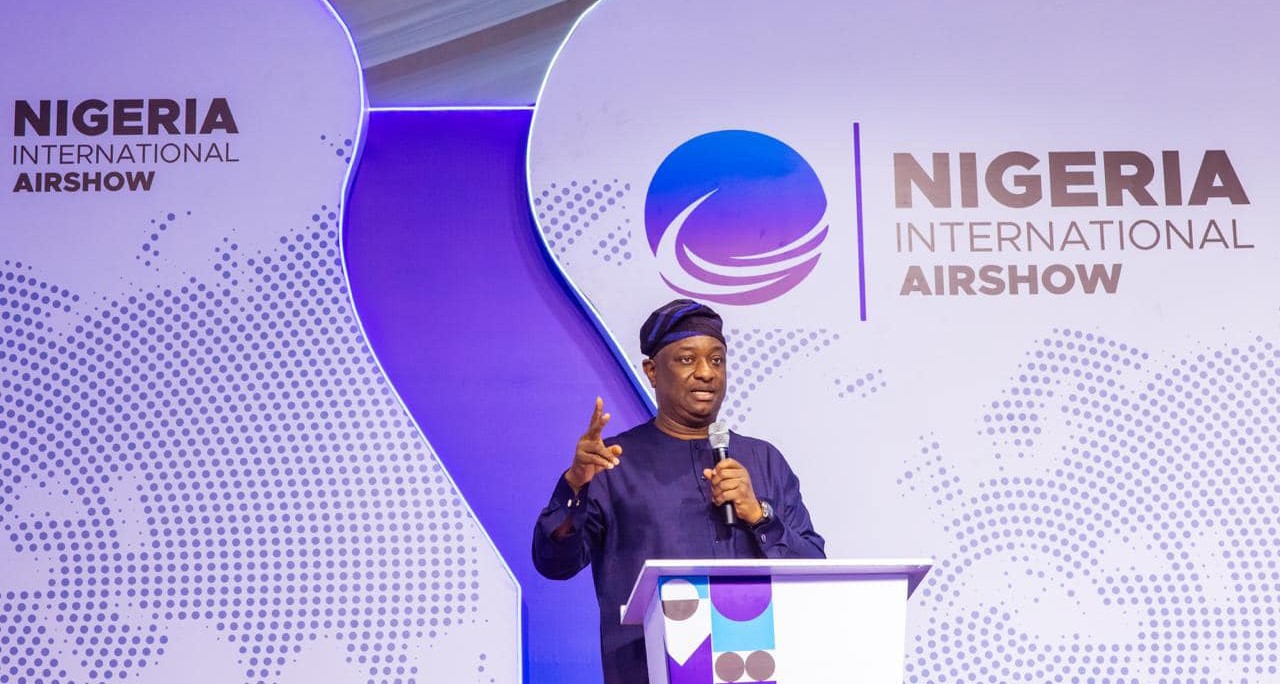

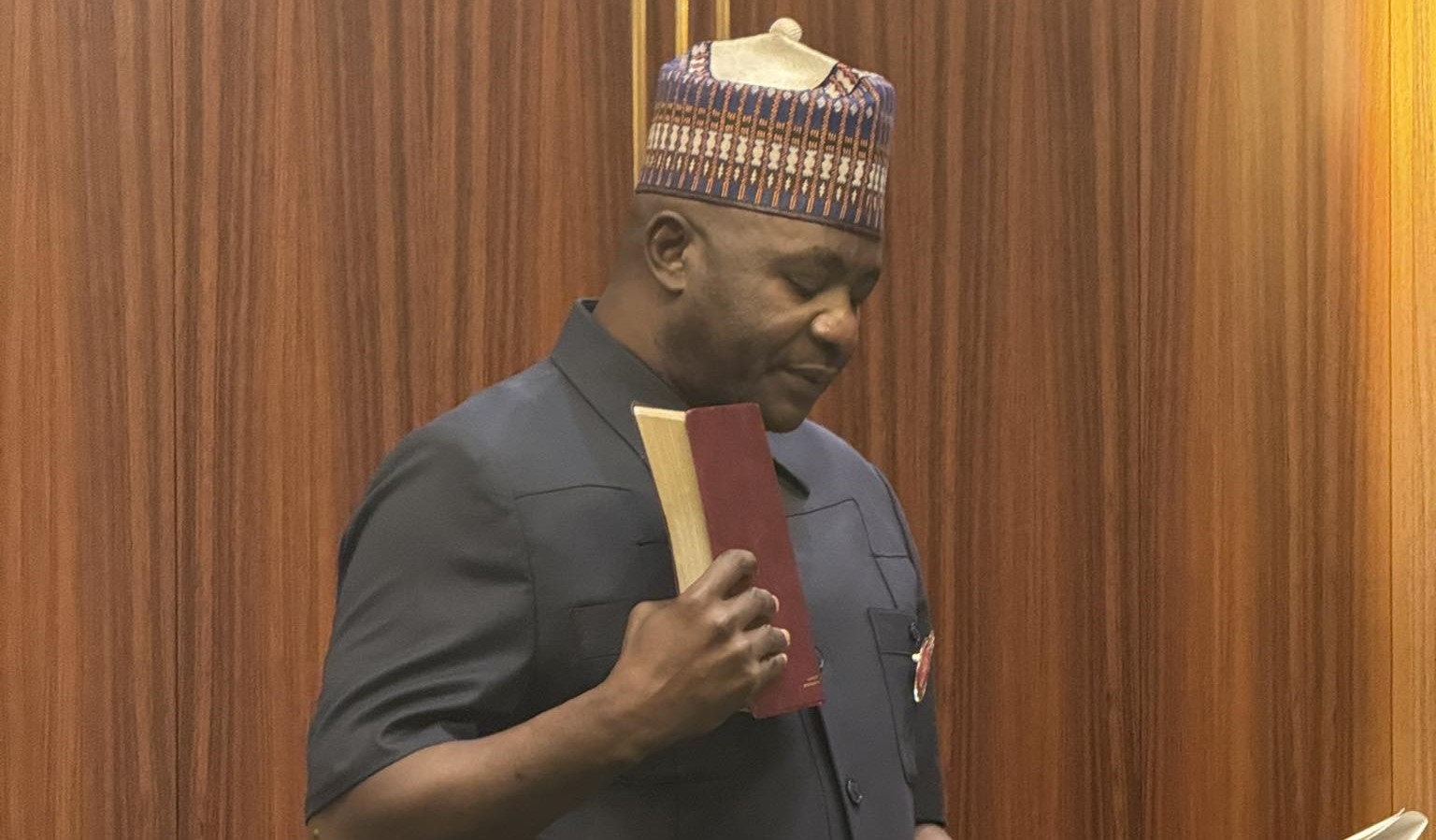
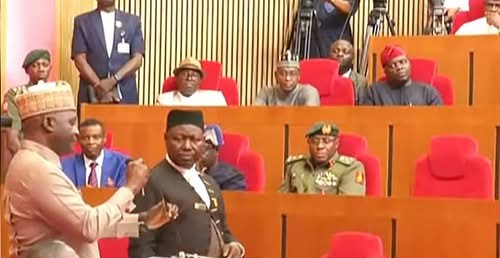
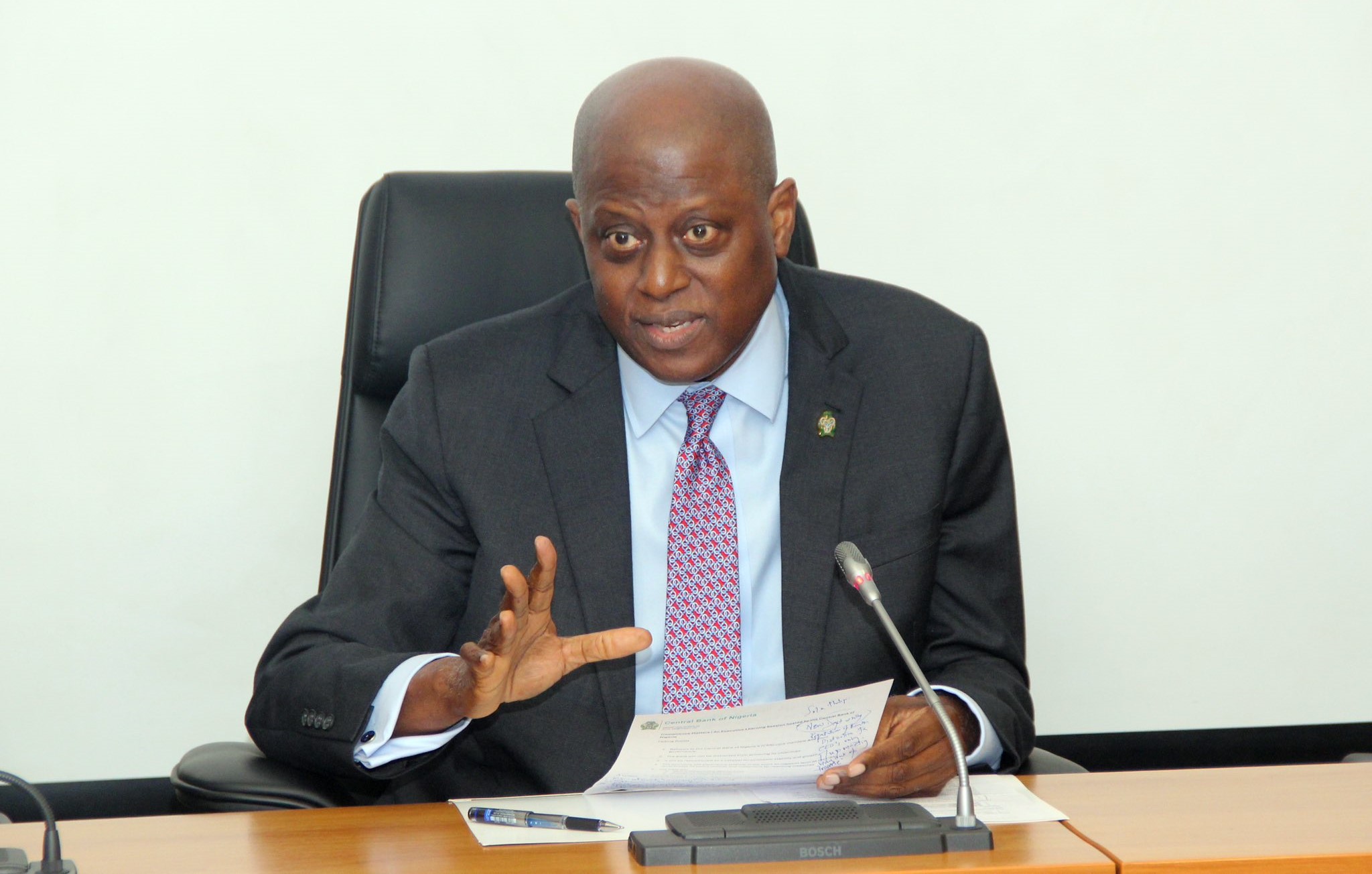
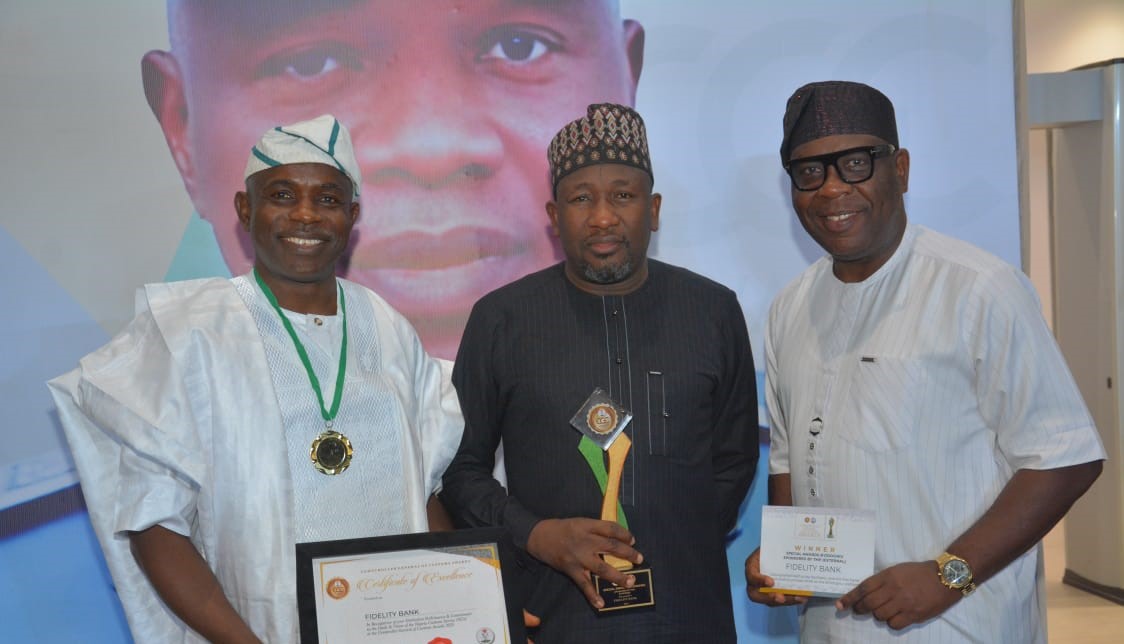
Comments
Be the first to comment on this post
Leave a Reply